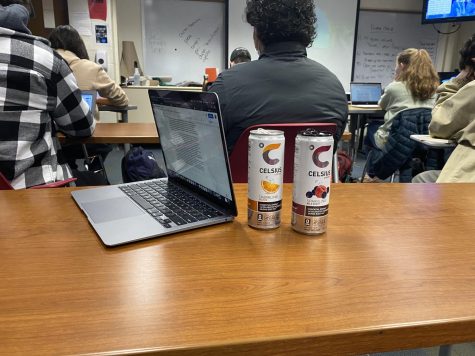Lack of education leads to opioid crisis
November 1, 2019
Small towns of Connecticut have seen a rise in citizens abusing painkillers and relievers, known as opioids. These drugs, which have multiple impacts to health, have been used frequently in towns suffering from poverty due to the minimal ineffective drug abuse education.
Opioid abuse is defined as the recreational use of prescription painkillers. The most common drugs taken among users are Oxycontin, Codeine, and Vicodin, amongst other prescribed pharmaceuticals. The National Institute of Drug Abuse determined that around 21 percent to 29 percent of people prescribed painkillers misuse them. Misusers gain a high by taking an excessive amount in a short period of time.
The Centers for Disease Control (CDC) released that 70,237 fatal overdoses occurred from opioids in 2017. In Connecticut, opioid abuse primarily affects small, rural towns, that have limited access to a proper education on the impacts of opioid effects. In these towns, the main focus of their minimal drug awareness includes cigarettes and alcohol, dismissing the importance of educating on opioids.
Oftentimes, these towns have large amounts of families who are stuck in a cycle of opioid misuse. If someone lives in a household where their Mom or Dad uses a painkiller, the kids grow up to be adults who don’t have knowledge to solve problems, involving opioid use, leading to an addiction cycle across generations.
Farmington students are very fortunate to have a wellness curriculum that focuses in depth on a variety of drug addictions. These students receive specific, meaningful information on how to avoid misuse of a wide range of drugs, especially opioids. As a state, it is Connecticut’s responsibility to lend a hand to those who are suffering from opioid addiction, caused by lack of education. The government is capable of forming a plan of action, but they need to pay detailed attention to the crisis in order to solve the problem.
It is crucial that the Connecticut government spends time assessing the education system in the towns that are affected by opioid addiction, and assess their drug abuse education. A proper education and understanding could prevent the misuse of opioids, and ultimately, save lives.

